

Table of contents:
What is the Cost of Living in Japan Compared to the US? You will find that living in Japan is much cheaper than living in the US. Especially if you are earning US dollars!
Moving to Japan is an exciting journey, but understanding the cost of living is crucial for anyone considering a new life here. As a foreigner in Japan, you'll quickly notice that the cost of living can be more affordable than in the United States, depending on your lifestyle and location.
After years of living in Japan, I can confidently say that many expats are pleasantly surprised by how manageable the costs are—especially when it comes to housing, food, and healthcare. But is Japan truly cheaper than the USA? Let’s break it down.
1. How Does Japan Compare to the USA in Cost of Living?
On average, Japan's cost of living is about 55% lower than that of the United States. Monthly expenses for a single person in Japan are around $1,100, while similar living standards in the USA can reach $2,400.
Here’s a quick snapshot of how Japan and the USA stack up:
- Housing: Rent is 56% lower in Japan.
- Food: Dining out costs 60% less in Japan.
- Healthcare: Japan’s medical system is significantly cheaper, offering affordable care for all.
These differences make Japan an attractive option for expats and migrants alike. Let’s dive into the details.

2. Housing Costs: Affordable Living in Japan
2.1. How Much is Rent in Japan vs the USA?
Housing is one of the biggest expenses for expats. Renting in Japan a one-bedroom apartment in the city center costs $500-$700, while similar apartments in major American cities like New York or Los Angeles can set you back $1,500-$2,000.
For families, a three-bedroom apartment in Japan averages $1,100, compared to $2,800 or more in the USA. Suburban and rural areas in Japan offer even more savings, with rent often dropping below $400 per month.
2.2. How Much are Utilities in Japan?
Utility bills in Japan are also more manageable. Monthly expenses for electricity, water, and gas typically amount to $100-$120, whereas Americans pay an average of $150 or more. Internet access in Japan is 50% cheaper, costing $30-$40 per month.
Actionable Advice:
- Save on Rent: Consider living slightly outside city centers for significant savings. Train commutes are efficient and affordable.
- Shared Housing: Explore shared apartments (called "share houses") to cut costs and meet fellow expats. These are especially popular amongst international students in Japan.
- Avoid Hidden Fees: Japanese landlords often require "key money" and deposit fees upfront. Look for apartments that waive these costs.
Popular Articles

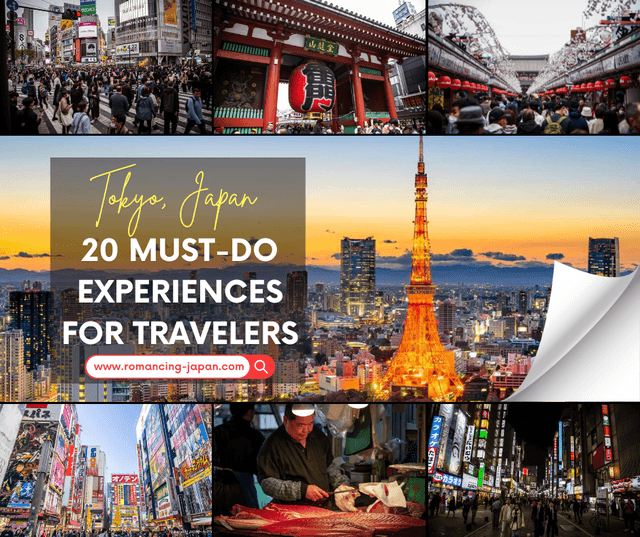
Tokyo Favorites: 20 Must-Do Experiences for Travelers
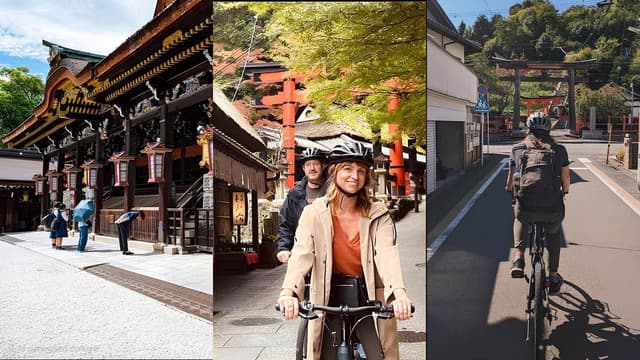
Kyoto Bike Tours: Discover the City’s Hidden Gems with Noru
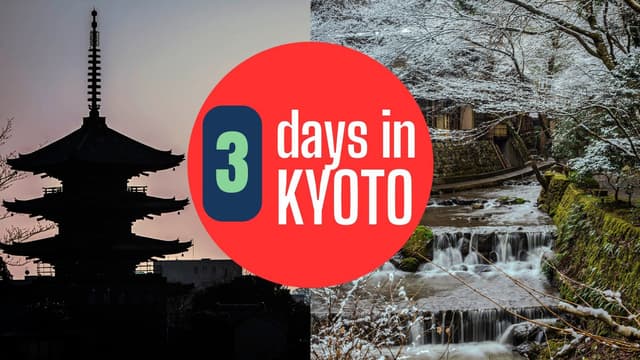
Kyoto 3-Day Itinerary: Best Things to Do for First-Time Visitors
Universal Studios Japan Tickets: Your Guide to Visiting USJ
Find Out What Japan Really Thinks of Foreign Tourists
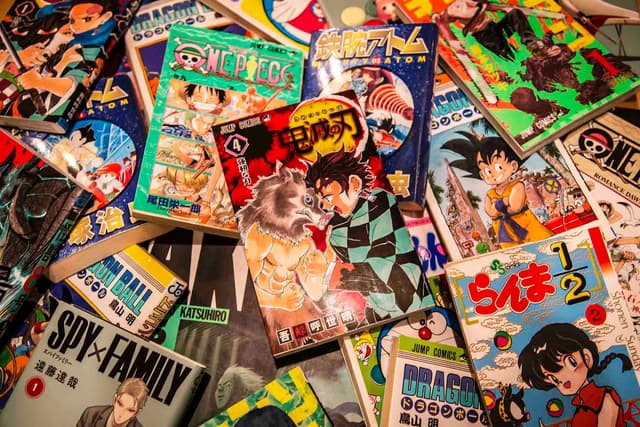
Manga Explained: Top Recommendations for Beginners

3. Food Costs: Dining and Groceries for Expats
3.1. Dining Out in Japan
One of the joys of living in Japan is the affordability of dining out. A typical meal at a casual restaurant costs $6-$8, while in the USA, you’d pay $15-$20 for the same experience. Even sushi—Japan's iconic cuisine—can be surprisingly affordable at conveyor-belt sushi restaurants, starting at just $1.50 per plate.
3.2. Grocery Shopping in Japan
Groceries are another area where Japan shows off its affordability. For example:
- A loaf of bread costs $1.50 in Japan compared to $3.50 in the USA.
- A dozen eggs costs $2.00 in Japan versus $3.50 in the USA.
- Fresh produce and seasonal items are widely available and affordable.
Actionable Advice:
- Shop Smart: Visit discount grocery stores like Gyomu Super and local markets for the best prices.
- Evening Discounts: Look for "yellow sticker" deals at supermarkets after 6 PM for discounted prepared foods.
- Cook at Home: Cooking your own meals can save you hundreds of dollars each month.

4. Transportation: Public Transit vs Car Culture
4.1. Efficient Public Transport in Japan
Japan’s public transit system is world-famous for its efficiency and affordability. A monthly commuter pass in Japan costs about $60, while in the USA, car-related expenses like gas, insurance, and maintenance can easily exceed $200 per month.
Japanese cities are designed around public transportation, making it easy to navigate without owning a car. Trains and buses are punctual, clean, and cover even rural areas.
4.2. Car Ownership Costs
While most expats in Japan don’t need a car, those living in rural areas will definitely find it essential. Gas prices are slightly higher in Japan ($4.20 per gallon vs $3.60 in the USA), but car insurance and maintenance costs are generally lower.
Actionable Advice:
- Use Public Transit: Get a commuter pass for unlimited travel between home and work.
- Consider a Bicycle: Many Japanese cities are bike-friendly, and cycling can save money while keeping you fit.
- Avoid Car Costs: If possible, avoid owning a car unless absolutely necessary.

5. Healthcare: Japan’s Affordable Medical System
It is required that all employees pay monthly into the Japan’s National Health Insurance (NHI) system on a monthly basis. Monthly premiums for NHI range from $30-$128, depending on your income. This might seems steep, but it covers 70% of all medical costs. A typical doctor’s visit costs $30-$50, while in the USA, you’d pay $100-$200 without insurance.
Actionable Advice:
- Enroll in NHI: Make this a priority upon moving to Japan.
- Visit Clinics: Clinics in Japan are affordable and often less crowded than hospitals.
- Budget for Emergencies: Keep a small fund for any out-of-pocket expenses.

6. Education Costs for Expats with Families
If you’re moving to Japan with children, you’ll find that education costs are significantly lower than in the USA. Public schools are free, and private international schools charge $10,000-$20,000 per year, compared to $30,000-$50,000 in the USA.
University tuition in Japan averages $5,500 per year for public institutions, a fraction of the cost in the USA.
Actionable Advice:
- Explore Public Schools: Many offer language support for non-Japanese speakers.
- Consider International Schools: These are ideal for expat families but come at a higher cost.
- Budget for Supplies: Japanese schools often require uniforms and other specific items.
7. Comparison Table: Japan vs US Cost of Living
Here's a side-by-side examination of essential expenditures in Japan and the USA, displaying precise figures across major categories. All prices are displayed in US dollars and have been sourced from Numbeo and costofliving.org:
| Category | Japan | USA | Difference |
| Overall Monthly Living Cost | $1,097 | $2,433 | USA is 58% more expensive |
| City Center 1-Bedroom Rent | $500 | $1,656 | 56.1% cheaper in Japan |
| 3-Bedroom Apartment Rent | $1,107 | $2,861 | 61.3% cheaper in Japan |
| Monthly Utilities | $113 | $148 | 23.8% cheaper in Japan |
| Internet Service | $31 | $67 | 54% cheaper in Japan |
| Restaurant Meal (Basic) | $6.44 | $18.59 | 65.4% cheaper in Japan |
| Bread | $1.52 | $3.49 | 56.4% cheaper in Japan |
| Eggs | $2.02 | $3.56 | 43.3% cheaper in Japan |
| Chicken Breast | $2.73 | $5.16 | 47.1% cheaper in Japan |
| Gas (per gallon) | $4.22 | $3.61 | 16.9% higher in Japan |
| Downtown Taxi Ride | $25.42 | $17.81 | 42.7% higher in Japan |
| Monthly Insurance Premium | $30-128 | $450-600 | Significantly cheaper in Japan |
| Doctor's Visit | $30-50 | $100-200 | Substantially lower in Japan |
| MRI Scan | $160 | $1,430 | 88.8% cheaper in Japan |
| Public University (Annual) | $5,565 | $20,090 | 72.3% cheaper in Japan |
| Private University (Annual) | $7,832-10,338 | $34,740 | 70-77% cheaper in Japan |
FAQs
Is Japan cheaper than the USA for expats?
Yes, Japan is generally more affordable for expats. Rent, food, and healthcare are significantly cheaper, though salaries in Japan may be lower. With smart budgeting, expats can enjoy a comfortable lifestyle while saving money.
How much do I need to live comfortably in Japan?
A single person needs about $1,500 per month for a comfortable lifestyle, including rent, food, and transportation. Families should budget $3,000-$4,000 per month, depending on housing needs and school fees.
Is public transport in Japan affordable for US expats?
Absolutely. A monthly commuter pass costs around $60, and individual train or bus fares are as low as $1.50. This makes it easy to navigate cities without the need for a car.
What are the hidden costs of moving to Japan?
Hidden costs include key money (a non-refundable deposit for rental housing), relocation fees, and initial setup costs like furniture or appliances. However, many shared apartments come furnished, reducing these expenses.
Are groceries in Japan cheaper than in the USA?
Yes, groceries are generally cheaper in Japan. Staples like bread, eggs, and vegetables cost significantly less, and shopping at discount stores or local markets can further reduce expenses.
Loading Comments...

James Saunders-Wyndham
I've been immersed in Japanese culture and daily life for over 30 years and am proud to call Japan my home. Originally from Australia, my journey has taken me from teaching at Japanese universities to traveling extensively across the country, uncovering its hidden gems. As a web developer, I built Romancing Japan from the ground up to share these experiences with you. Whether it's the charm of old Kyoto, the pulse of Tokyo, or the tranquility of the countryside, I love helping others discover the magic of Japan—one story at a time.
Popular Articles

Tokyo Favorites: 20 Must-Do Experiences for Travelers

Kyoto Bike Tours: Discover the City’s Hidden Gems with Noru
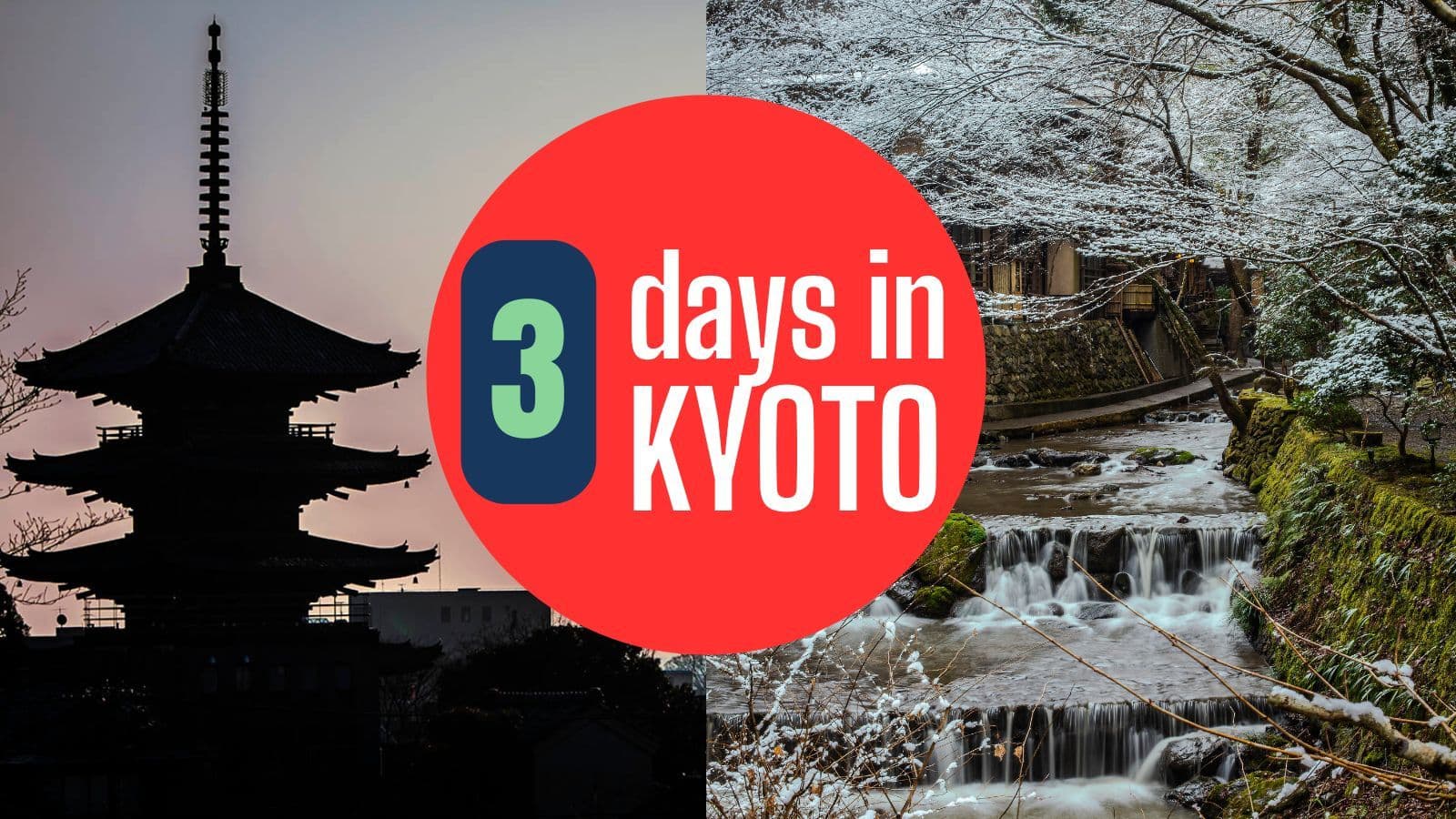
Kyoto 3-Day Itinerary: Best Things to Do for First-Time Visitors

Universal Studios Japan Tickets: Your Guide to Visiting USJ
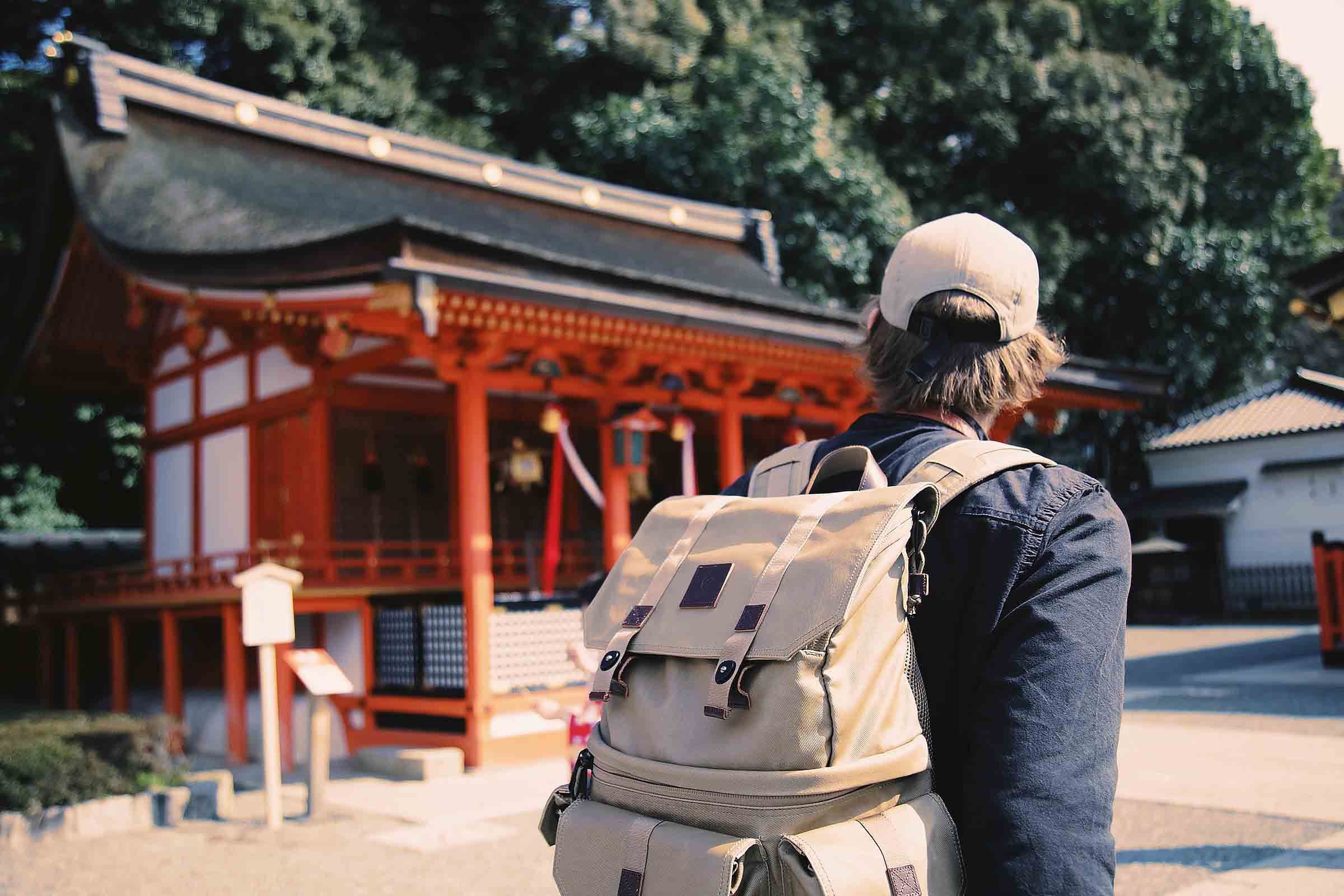
Find Out What Japan Really Thinks of Foreign Tourists
